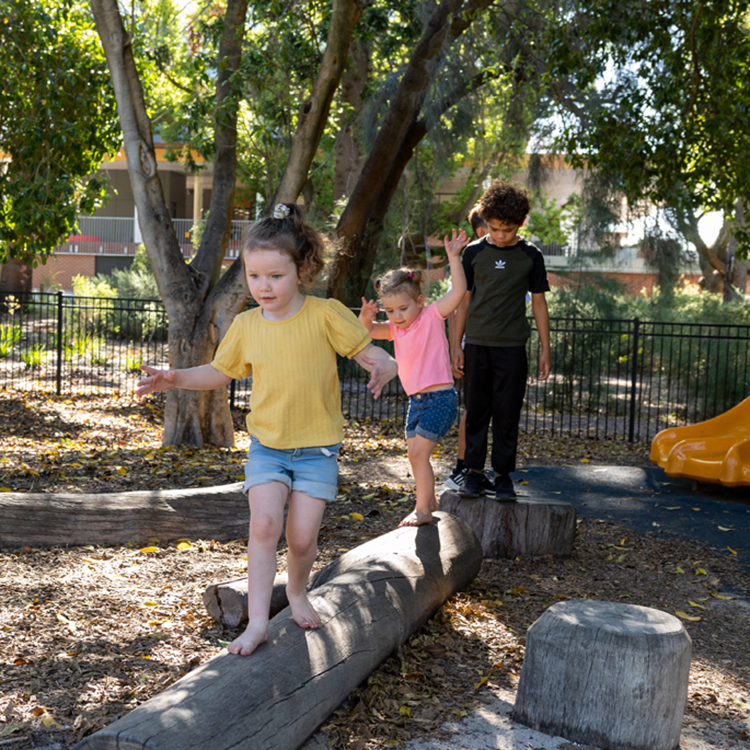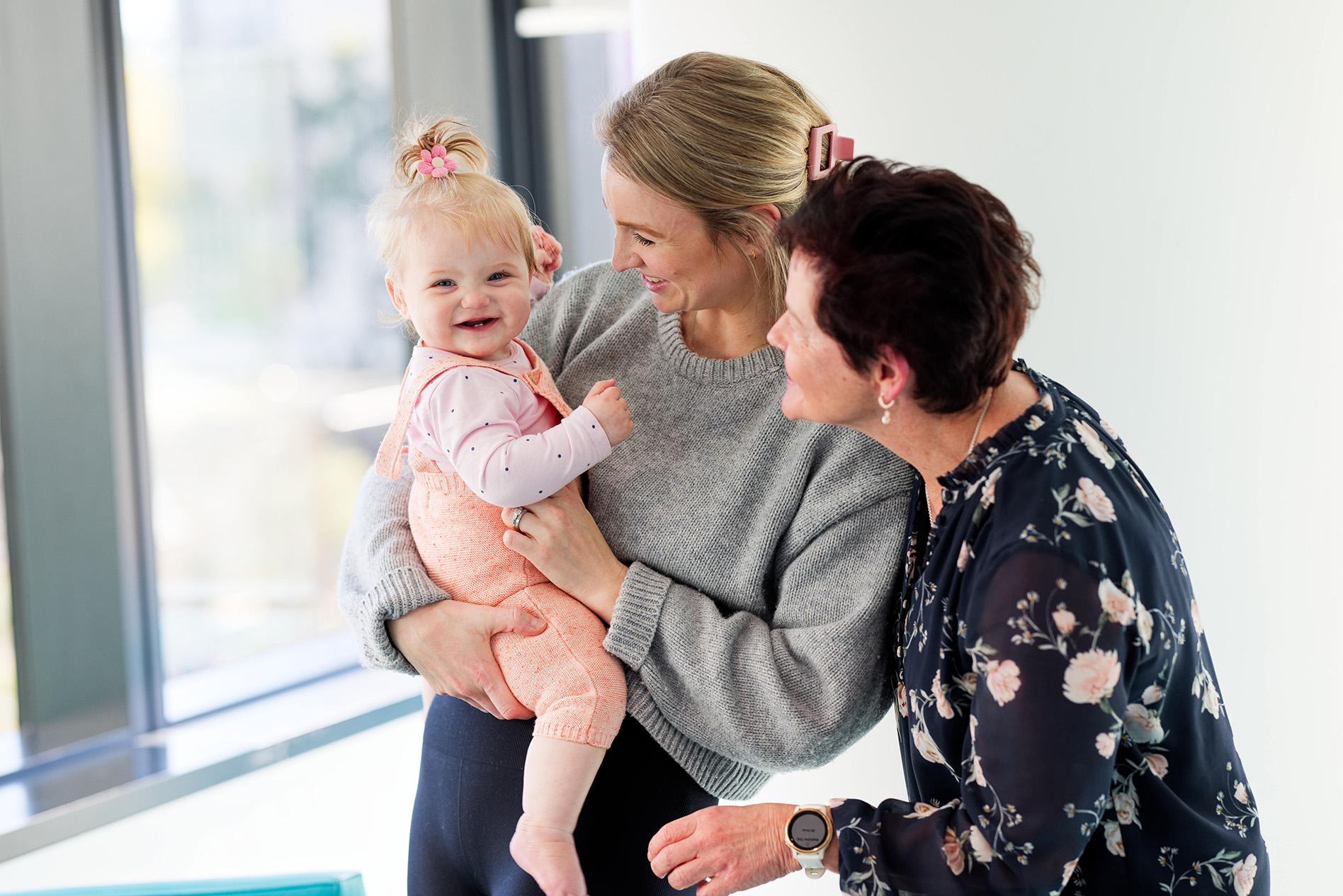Search
Showing results for "Au"
Research
Temporal dynamics of B cell dysfunction and EBV responses in early multiple sclerosisMultiple sclerosis (MS) is an incurable condition where a person’s immune system mistakenly attacks their own brain and spinal cord.
Research
Understanding autistic LGBTQA+ young people’s experiences of trauma: An intersectional approachRecent research has consistently found significantly higher rates of gender and sexual diversity reported in the autistic population compared to the non-autistic population, and higher rates of autism reported in LGBTQA+ populations compared to cisgender and heterosexual populations
Research
PlaygroupsThe importance of play for a child’s development is irrefutable. Playgroups provide a safe environment for children of similar ages to play and develop prior to starting school.

PAHL researchers use their expertise in motivation, behaviour change, resilience, communication, teamwork, confidence, and leadership to develop programs and services that improve people’s physical and mental health.
Kaal is a proud Noongar boy, he loves playing football, but this season Kaal is about to tackle a new and unexpected challenge… eczema.

Create happy, healthy futures for generations of children
Research
Moorditj Marp (Strong Skin) Evaluation and development of culturally relevant healthy skin storybooksCo-designed and in collaboration with community members, the impacts of this project will directly benefit families by building awareness, empowering decision-making, and improving confidence around the recognition and management of skin conditions for Aboriginal children.
Research
Early Childhood DevelopmentEvery child deserves the best possible start in life. Evidence demonstrates the period from pre-birth to three years is a vital period of development. It lays the foundations for a child’s future and has life-long impacts on health, education, job opportunities, social inclusion and wellbeing.

Research
Respiratory Syncytial Virus (RSV)RSV hospitalises millions of babies worldwide every year: our research is helping to change that.
We’ve heard from families that trustworthy information about preterm-associated lung disease is difficult to find. In response, we’ve created resources to empower families with the knowledge they need to manage these challenges.
